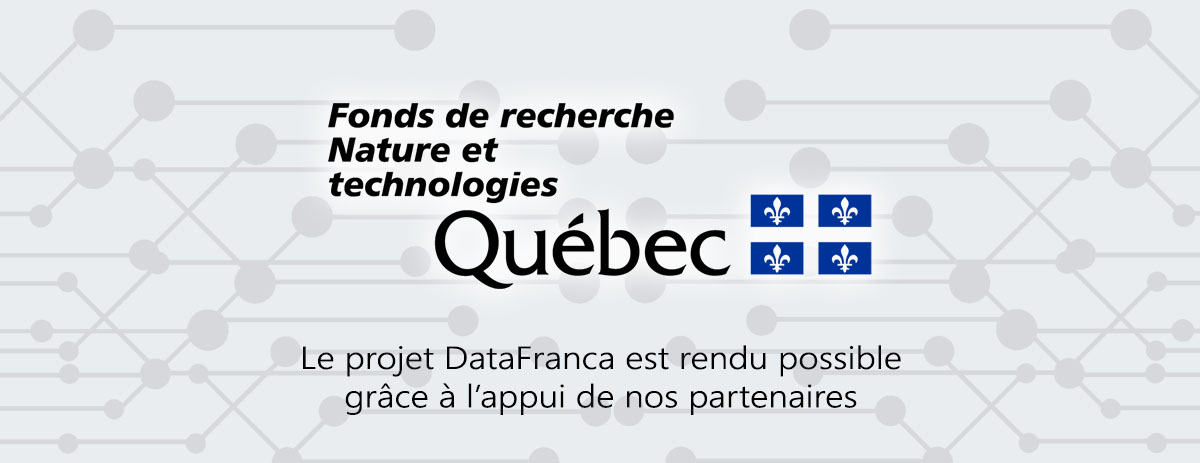« Corrélation » : différence entre les versions
(Page créée avec « == en construction == Catégorie:Vocabulaire Catégorie:Science des données Catégorie:Datascience glossary == Définition == xxxxxxx == Français == xxxx... ») Balise : Éditeur de wikicode 2017 |
Aucun résumé des modifications Balise : Éditeur de wikicode 2017 |
||
| Ligne 1 : | Ligne 1 : | ||
== en construction == | == en construction == | ||
[[Catégorie: | [[Catégorie:Vocabulary]] | ||
[[Catégorie:Science des données]] | [[Catégorie:Science des données]] | ||
[[Catégorie:Datascience glossary]] | [[Catégorie:Datascience glossary]] | ||
Version du 14 septembre 2019 à 22:53
en construction
Définition
xxxxxxx
Français
xxxxxxx
Anglais
correlation
“The degree of relative correspondence, as between two sets of data.”[websters] If sales go up when the advertising budget goes up, they correlate. The correlation coefficient is a measure of how closely the two data sets correlate. A correlation coefficient of 1 is a perfect correlation, .9 is a strong correlation, and .2 is a weak correlation. This value can also be negative, as when the incidence of a disease goes down when vaccinations go up. A correlation coefficient of -1 is a perfect negative correlation. Always remember, though, that correlation does not imply causation. See also coefficient

Contributeurs: Imane Meziani, wiki






